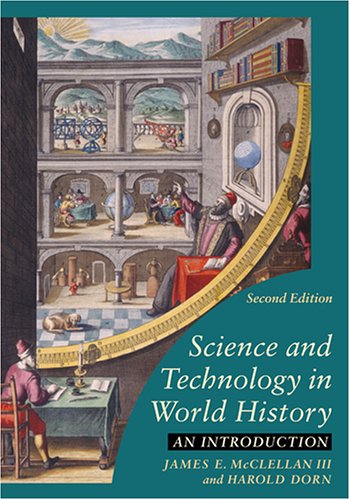

Most ebook files are in PDF format, so you can easily read them using various software such as Foxit Reader or directly on the Google Chrome browser.
Some ebook files are released by publishers in other formats such as .awz, .mobi, .epub, .fb2, etc. You may need to install specific software to read these formats on mobile/PC, such as Calibre.
Please read the tutorial at this link. https://ebooknice.com/page/post?id=faq
We offer FREE conversion to the popular formats you request; however, this may take some time. Therefore, right after payment, please email us, and we will try to provide the service as quickly as possible.
For some exceptional file formats or broken links (if any), please refrain from opening any disputes. Instead, email us first, and we will try to assist within a maximum of 6 hours.
EbookNice Team

Status:
Available5.0
34 reviewsNow in its second edition, this bestselling textbook may be the single most influential study of the historical relationship between science and technology ever published. Tracing this relationship from the dawn of civilization through the twentieth century, James E. McClellan III and Harold Dorn argue that technology as "applied science" emerged relatively recently, as industry and governments began funding scientific research that would lead directly to new or improved technologies.
McClellan and Dorn identify two great scientific traditions: the useful sciences, patronized by the state from the dawn of civilization, and scientific theorizing, initiated by the ancient Greeks. They find that scientific traditions took root in China, India, and Central and South America, as well as in a series of Near Eastern empires, during late antiquity and the Middle Ages. From this comparative perspective, the authors explore the emergence of Europe and the United States as a scientific and technological power.
The new edition reorganizes its treatment of Greek science and significantly expands its coverage of industrial civilization and contemporary science and technology with new and revised chapters devoted to applied science, the sociology and economics of science, globalization, and the technological systems that underpin everyday life.